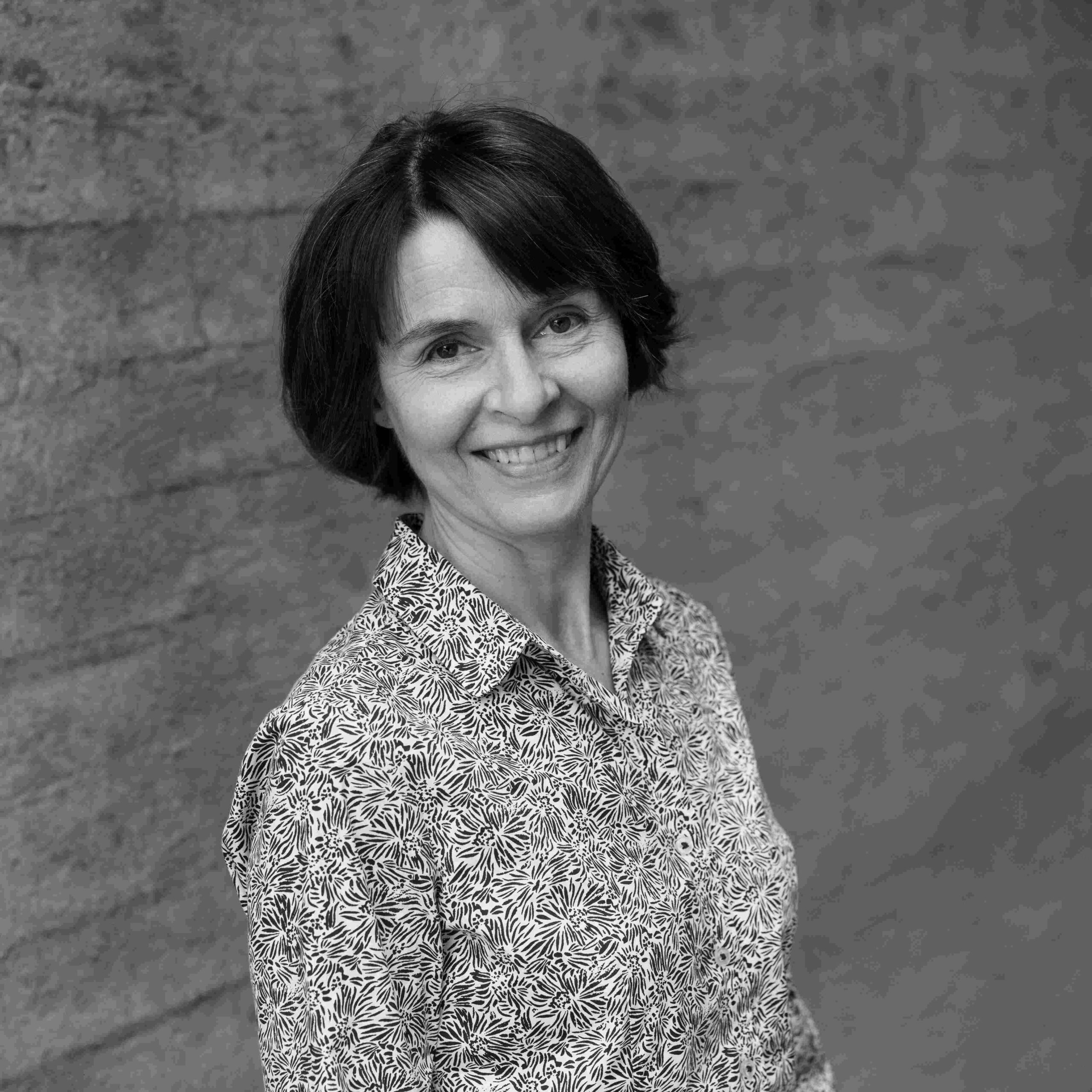

Katriina Palo-Närhinen
Katriina Palo-Närhinen
AI workshop at an elementary school in Helsinki showed that kids are already familiar with principles of critical reading. The text is an editorial written for issue 1/2023 on Future of Literacy.
Some weeks ago, I had the chance to organise an AI workshop for a group of 12-year-old school kids in Helsinki. As expected, they learned fast to use Chat GPT, a chatbot based on artificial intelligence. The teams came up with the most imaginary ways of testing AI’s capacity, from creating a story in Karelian dialect (not successful) to writing speeches for the principal at the end of the school year.
At the end of the day, I asked two girls what they thought of Chat GPT. The answer was quick: they might use it not only to help them do their schoolwork, for example, but also to find a good recipe for chocolate chip cookies. However, they continued, the most important thing in both projects would be fact-checking. They would definitely verify all the information by crosschecking it in various sources. Correct ingredients and amounts are essential for success in both schoolwork and cookie baking.
Need for critical media literacy is growing as we are increasingly being exposed to disinformation.
I was happy to notice, that the principles of critical reading were self-evident for these young girls. The need for critical media literacy and fact-checking is growing as we are increasingly being exposed to disinformation and online rumours.
IN THIS ISSUE of Elm Magazine, we look at literacy from many perspectives, from critical literary to data and climate literacy. Climate change literacy relates to how people understand the causes of the shift in climatic conditions and its potential in the world. The topic is covered by Cyril Zenda in his reportage from Zimbabwe.
Pia Heikkilä, in turn, looks into the efforts made to increase the literacy of women in India, which has some of the world’s lowest literacy rates per capita. Sara Pasino asks in her article if we have forgotten all about functional illiteracy in Europe. Her reportage from Southern Italy reveals the kind of problems that this creates in people’s daily lives. Last but not least, the issue will offer a glimpse into the future with an interview with Sari Sulkunen, Associate Professor in multiliteracies at the University of Jyväskylä in Finland.
IN TEN YEARS, the smart kids of the AI workshop will be adults. Today they are learning to tackle the effects of AI, but in 2030s they will be facing new challenges, all due to the societal changes affecting literacy. It is essential to improve literacy, be it functional, critical or climate, but it is even more important to enhance the present literacy skills and acquire new ones – throughout our lives.
AS I AM WRITING this editorial, I have four-week period behind me as Editor-in-Chief of Elm Magazine. I am excited to continue the journey with you and look forward to receiving all kinds of feedback and suggestions: what are the topics and themes you would like to read more of? Which are the new openings that we should take?
Meanwhile, we continue our work to bring you the most relevant and up-to-date content on phenomena in lifelong learning and adult education.
Author







